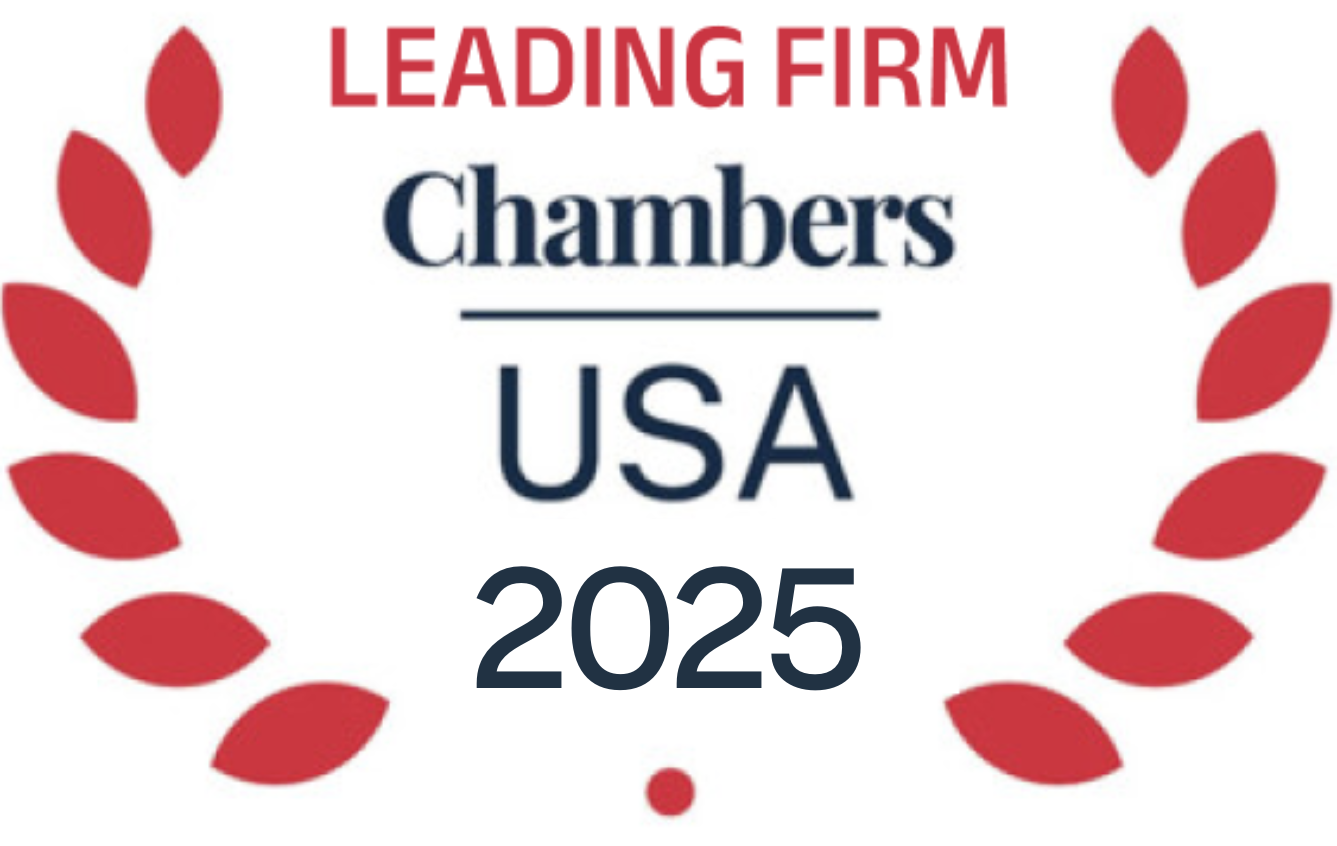 Daniel L. Rottinghaus
Daniel L. Rottinghaus
Daniel is a Principal at Berding | Weil. As a litigation partner, he represents commercial and residential real estate clients in construction defect and complex litigation. Recently, he resolved a trilogy of large apartment cases for a single client collecting over $120 million, and, in total, he has collected for his clients more than one-half billion dollars.
 Howard J. Silldorf
Howard J. Silldorf
Howard is a Partner at Berding | Weil. Howard has recovered more than $200 million for his clients in over 100 cases throughout his successful career. His practice includes Construction Defect Litigation, Community Association Law, Environmental and Land Use, as well as Real Property and Title Insurance Litigation.

Theresa M. Filicia
Theresa is a Partner at Berding | Weil. Her practice includes Construction Defect Litigation, Community Association Law, Franchise Law, as well as business and employment litigation. With her diverse background, she has been able to effectively resolve complex legal matters and negotiate multi-million dollar settlements.

A founding partner at Gibbs Law Group, Eric has negotiated groundbreaking settlements that resulted in meaningful reforms to unlawful business practices. He was recently recognized as California Lawyer Attorney of the Year and was named to the Top Plaintiff Lawyers in California for 2019.

Andre represents plaintiffs in high-stakes complex litigation and appeals in state and federal courts throughout the country. He has authored briefs filed in the U.S. Supreme Court and received the California Lawyer Attorney of the Year Award in 2019.

Amy Zeman represents clients in a wide variety of complex litigation, with experience working closely with class representatives and consumer contacts. She uses her prior career experience as an accounting/ compliance manager in the financial services sector to identify and investigate fraud claims.
 Don Lesser
Don Lesser
As Managing Partner of The Lesser Law Group, Don has represented hundreds of policyholders, agents and brokers and insurers for over 35 years concerning a wide range of insurance products and coverage issues, including claims disputes. He has obtained over $50 million in insurance coverage for his clients and brings an uncommon depth and breadth of experience in insurance law.
 Andrew Friedman
Andrew Friedman
Andrew is a Partner at Cohen Milstein and the Co-Chair of the firm’s award-winning Consumer Protection practice group. Mr. Friedman is a nationally recognized leader in the area of complex, multi-state lawsuits against major insurers, credit card companies, and other manufacturers and service providers.
 Geoffrey Graber
Geoffrey Graber
Geoffrey leads Cohen Milstein’s Business Interruption Insurance team. As a Partner and a member of the Consumer Protection practice group, he specializes in complex litigation involving false advertising, fraud, and other forms of unfair business practices at the hands of insurance companies, banks, health care companies, and others.

Victoria Nugent
Victoria is a Partner at Cohen Milstein and Co-Chair of the firm’s Public Client practice. She represents clients in civil law enforcement investigations and litigation involving consumer protection, fraud, and other areas of enforcement.
 Eric A. Kafka
Eric A. Kafka
Eric is a member of Cohen Milstein’s Consumer Protection practice. He also serves on Public Justice’s Class Action Preservation Committee.
 Karina G. Puttieva
Karina G. Puttieva
Karina is a member of Cohen Milstein’s Consumer Protection practice and focuses on litigating class actions on behalf of consumers who have been harmed by large corporations.




 Daniel L. Rottinghaus
Daniel L. Rottinghaus Howard J. Silldorf
Howard J. Silldorf


 Don Lesser
Don Lesser Andrew Friedman
Andrew Friedman Geoffrey Graber
Geoffrey Graber
 Eric A. Kafka
Eric A. Kafka Karina G. Puttieva
Karina G. Puttieva



